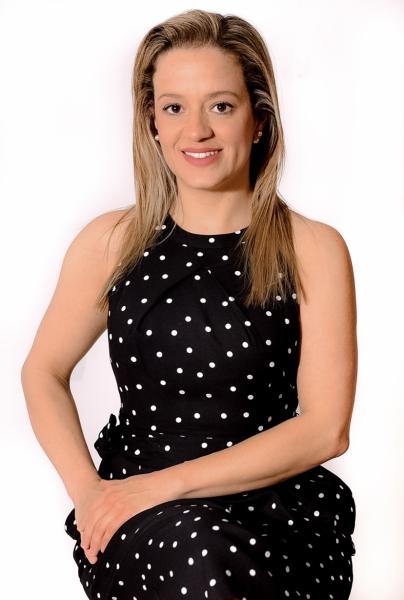Name: Miria Ferreira Criado, MSc, PhD
Lab
It’s my “own lab” since I have been an Assistant Professor for almost two years at the Department of Pathobiology, College of Veterinary Medicine, Auburn University, Auburn, AL, United States.
What was your favorite conference to attend?
It’s challenging to pick only one. I love the Annual Meetings of the American Society for Virology (ASV), which I have attended since 2008. I also look forward to participating in the CEIRR Annual Network Meeting, which will be special because my lab now directly collaborates with the network.
What do you research?
My primary research focus is respiratory viruses, especially influenza viruses. Our laboratory research interest follows interdisciplinary approaches to achieve optimal health outcomes involving humans, animals, and the environment, with a broad view of the One Health concept. Our projects aim to identify virus infection outcomes, disease resistance targets, immune cells, and pathways involved in virus escape and evolution to improve intervention strategies to prevent future outbreaks. Most of our studies are with avian influenza viruses (AIVs), one of the most important viruses affecting poultry worldwide. The AIVs can also infect other species, and some strains sporadically infect and cause mild to severe human disease, with public health concerns due to a constant pandemic threat.
What has been your favorite research project?
My favorite projects have always been the ones I have been working with.
Recently, we have an exciting project in collaboration with the USDA, US National Poultry Research Center, which utilizes multidisciplinary approaches focused on specific aspects of avian influenza virus (AIV) host interactions, such as pathogenesis, immunology, and intervention strategies in poultry. We have been working to understand the inter- and intra-species transmission dynamics of low pathogenic (LP) AIVs and possible mechanisms and pathways of virus evolution to identify determinants of virulence. In addition, we aim to evaluate correlates of vaccine protection in avian species, which can help us develop or improve intervention strategies to control AIVs effectively. This research project I lead at Auburn University is also part of the Auburn University College of Veterinary Medicine’s Animal Health and Agro-/Bio- Defense Program.
Another exciting project is a collaboration with the CEIRR network (New Option Funding with the CEIRR/ CIDER) to understand influenza virus evolution pathogenicity in the presence of preexisting immunity. Together with my colleagues Dr. Constantinos S. Kyriakis (PI leader of this project) and Dr. Laura Huber (Co-PI), also from Auburn University, we are studying the mechanism of how influenza viruses evolve and evade preexisting immunity using the swine model. Virus evolution in the presence or absence of preexisting immunity and how viruses escape vaccination are poorly understood. In summary, we aim to develop a model to predict virus evolution and complement ongoing research to develop a universal influenza vaccine.
What is your favorite thing about the lab?
It is my first lab as an assistant professor and has been remarkable in many aspects. I am super happy with the possibility of working with incredible collaborators in the research area that I love. Further, it has been rewarding to watch the environment created and the excitement of my team to perform hands-on experiments, help each other, and learn new things. I hope it continues to be "infectious" with my future members.
What is your favorite thing to do outside of lab?
I am a food, sports, and travel enthusiast. I love to do “some experiments” in my kitchen, watch and play sports, spend time with friends/family, and travel to discover different places and cultures.
What do you find exciting in science?
As scientists, we have the possibility to answer or find pathways to address challenging questions that can hugely impact the health of humans, animals, and the environment. A single "piece of knowledge" of the "giant puzzle of nature's unknown things" can help us visualize the big picture to construct a better future by developing or improving intervention strategies, finding cures for diseases, etc. It's fascinating and mind-blowing to think about how many things have evolved in different areas because of science.
